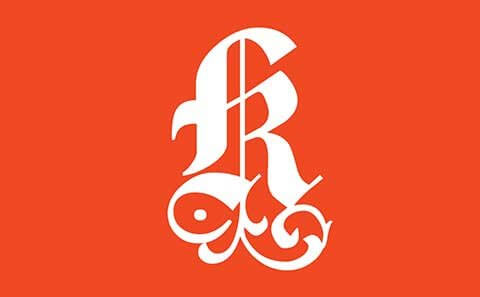One sure sign Hydro-Québec is doing something right by its stakeholders is the growing number of requests the public utility says it has been getting to sponsor local sports teams across the province. More employees also appear to be wearing clothing with the company’s logo around the office and out in the community.
“A few years ago, they were shy of putting the logo on them,” says Éric Martel, president and CEO of the public utility, which manages the generation, transmission and distribution of electricity in Québec.
Hydro-Québec has been working to improve its corporate culture in recent years, the results of which have helped it earn the top spot on the Corporate Knights’ 2018 Best 50 Corporate Citizens in Canada list. Hydro-Québec was fourth on the list in 2017.
Recharging corporate culture
Since he took over the top job in July 2015, Martel has been on a mission to improve customer satisfaction and employee engagement, with a goal to make Hydro-Québec a more attractive place to work, as well as to boost its reputation in the community.
Martel says the organization had some “serious challenges” around customer satisfaction when he came on board. At that time, 82 per cent of customers said they were satisfied with the public utility. “My concern there was that it meant about one person out of five wasn’t satisfied, which is a lot,” he says. “Maybe we’re a monopoly, but it’s a privilege… and we should be the best one in customer service.”
Employee morale was also low, with less than two-thirds of employees saying they felt engaged, according to internal surveys.
Martel went across the province with an aim to meet nearly every employee, while also improving customer service through extended hours and increasing communication and transparency around its decisions, including rate increases.
“When you do a cultural transformation like this, you need to set the tone from the start,” he says.
The strategy appears to be working. In 2017, 92 per cent of customers said they were satisfied, up from 82 per cent in 2015, according to Hydro-Québec surveys. Employee engagement increased to 76 per cent in 2017, up from 62 per cent in 2014.
Developing diversity
Martel also continued with Hydro-Québec’s goal to boost diversity across the organization. Today, about 7.3 per cent of its approximately 19,700 employees are Indigenous or members of visible or ethnic minorities. That’s up from about 2.9 per cent a decade ago.
“We still have a long way to go to be more representative,” he says. “I think it makes us stronger. It’s opening up the talent pool… and will make us a better company years from now.”
The board and senior management are also diverse: Half the combined team of 16 executives are women. Among the organization’s top 162 managers, 52 are women, or 32 per cent, which is up from 25 per cent of the 152 top managers in 2013.
“When we do our succession planning, this is always the discussion: How do we make sure that we give women the opportunity to grow within the organization, based on their potential?” Martel says.
Going greener
While the company is largely green – 99.5 per cent of its production is renewable from hydroelectricity – Martel says its goal is to hit 100 per cent, but there’s no specific timeline. The remaining 0.5 per cent is due to the fuel-power electricity generation that’s required in more remote locations that are off the grid.
In the meantime, the company is working on some energy-efficiency alternatives, including a microgrid project underway in Lac-Mégantic, the Québec town devastated by a rail disaster in July 2013. Hydro-Québec is building a microgrid in the municipality’s new downtown that will include about 30 residential and commercial buildings. It will feature up to 1,000 solar panels (300 kW installed capacity), batteries able to store 300 kWh of energy, smart homes and buildings equipped with consumption management systems and charging stations for electric vehicles.
Martel describes it as a lab for the organization to test the integration of technology and power, which can then be used in other regions.
“They had the will to do it,” Martel says of Lac-Mégantic’s participation. Plus, it was a good opportunity, given the community is rebuilding after the train tragedy.
Boosting brand loyalty
While Martel says Hydro-Québec is on the right track to improving its overall corporate social responsibility, his goal is to make continuous improvements in areas ranging from customer satisfaction, employee morale, diversity and energy efficiency.
“I’d like the population of Québec to be proud of what we are doing externally and for our employees to be extremely proud of working here.”
Click here to go back to the ranking landing page.






